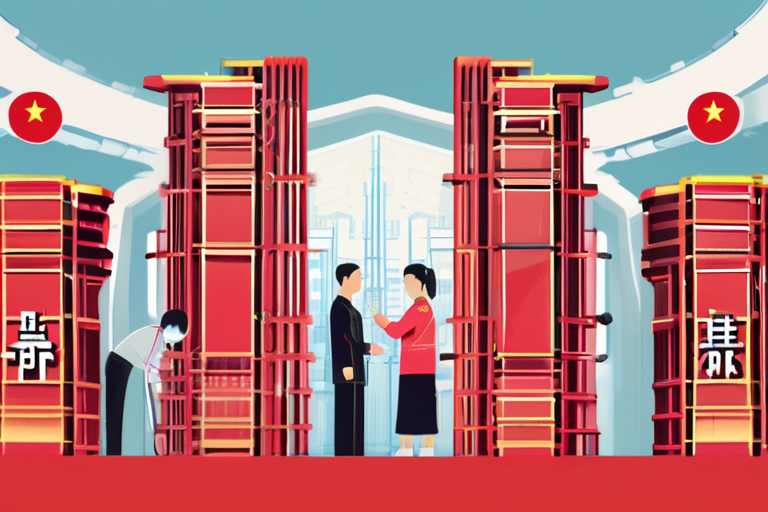
Multi-Source Journalism
This article synthesizes reporting from multiple credible news sources to provide comprehensive, balanced coverage.

Multi-Source Journalism
This article synthesizes reporting from multiple credible news sources to provide comprehensive, balanced coverage.
Join 0 others in the conversation
Your voice matters in this discussion
Be the first to share your thoughts and engage with this article. Your perspective matters!
Discover more articles

China is aggressively investing in artificial intelligence (AI) and robotics, with a focus on developing high-end chips to power these technologies. This effort has sparked concerns among US tech giants, including Nvidia, which dominates the global A
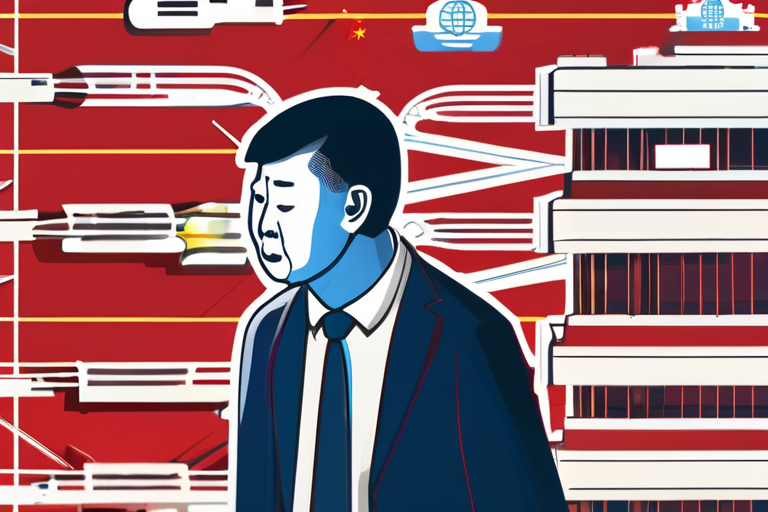
Google's President of Global Affairs, Kent Walker, has warned that the EU's slow adoption of AI technology is putting it at a disadvantage globally, particularly against China where government investment and regulatory support have fueled widespread

As the global AI landscape shifts, China is rapidly closing the gap with the US, potentially emerging as the AI superpower of the 21st century. With a significant lead in AI publications and patents, China's mobilization of whole-of-society resources
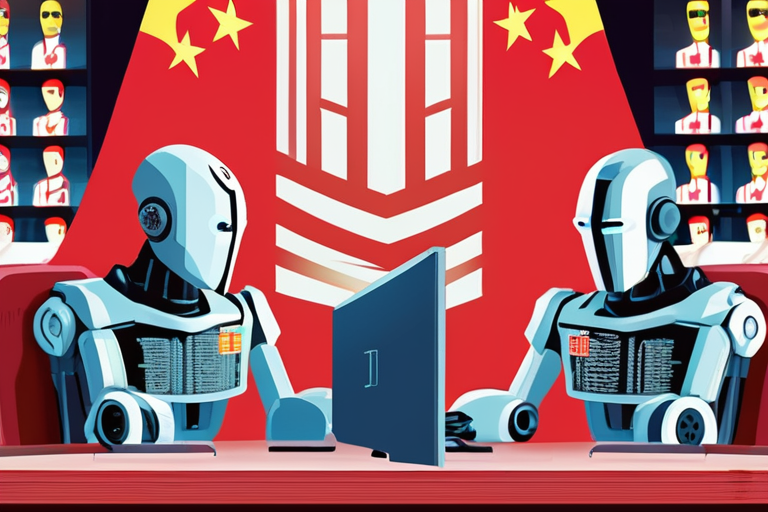
As the world awaits the hypothetical emergence of artificial general intelligence (AGI), a technology that could revolutionize human capabilities, it has become a pervasive and consequential conspiracy theory, sparking both excitement and apocalyptic

China is rapidly closing the gap in the global AI race, with the country now leading in AI publications and patents, and accounting for 22.6% of all citations in the field. This shift has sparked concerns that the US may be losing its technological s
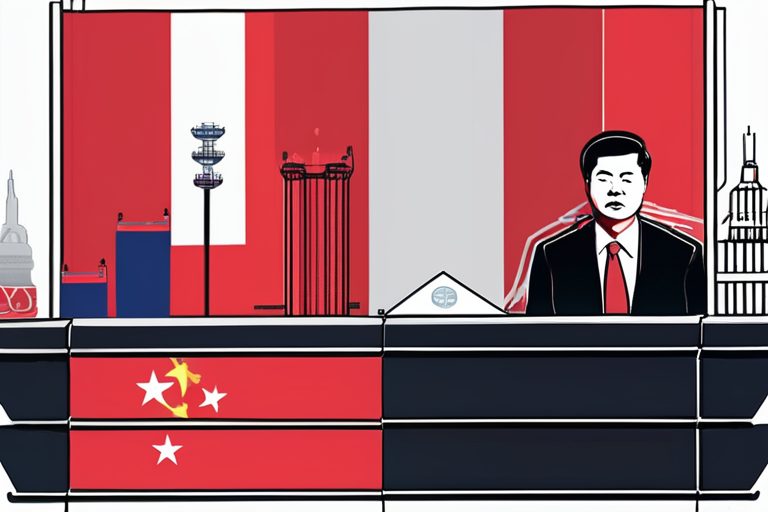
In a thought-provoking analysis, experts are likening the pursuit of Artificial General Intelligence (AGI) to a conspiracy theory, suggesting its widespread hype may be more myth than reality. Meanwhile, the global AI competition is heating up, with
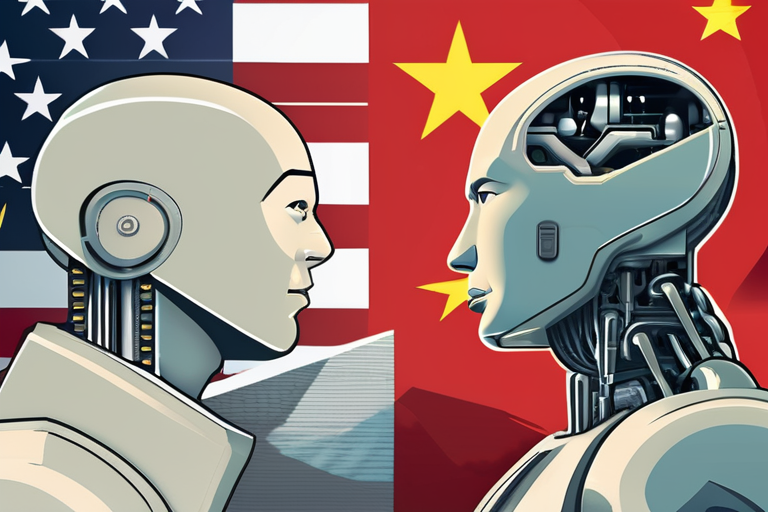
In a phenomenon eerily reminiscent of conspiracy theories, the concept of Artificial General Intelligence (AGI) has captured the imagination of many, with some believing it will revolutionize society and others fearing its catastrophic consequences.
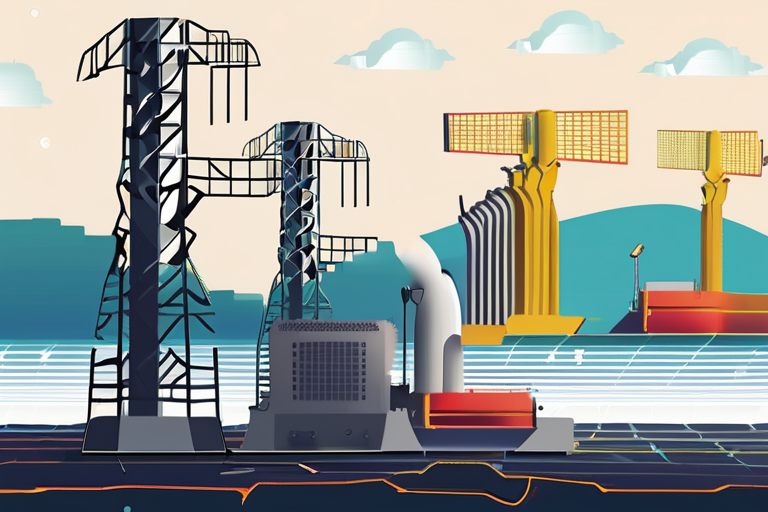
The US is falling behind in the energy requirements needed to support its growing AI infrastructure, with electricity demand outpacing efficiency gains, leading to skyrocketing bills for consumers. In contrast, China's rapid renewable energy buildout

Nvidia has secured significant deals with South Korea's government and tech giants Samsung, LG, and Hyundai to supply over 260,000 advanced AI chips for various industries. This move, valued at an undisclosed amount, marks a major expansion of Nvidia
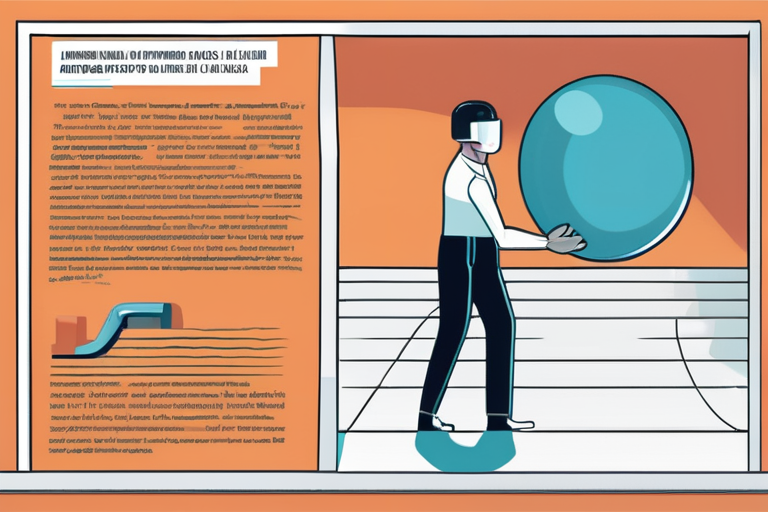
A potentially explosive AI bubble is looming, driven by massive investments in infrastructure and services that may not meet future demand. The rapid pace of AI software development is mismatched with the slow build-out of data centers, making it dif

In the rapidly evolving landscape of AI, energy has emerged as a critical factor in determining global progress. The United States is facing a growing challenge as its data centers struggle to keep pace with increasing electricity demands, while Chin

Google's President of Global Affairs, Kent Walker, has warned that the EU's slow adoption of AI technology is putting it at a disadvantage globally, particularly against China. According to estimates, the EU lags behind China by 69% in generative AI

Google's President of Global Affairs, Kent Walker, has warned that Europe's slow adoption of artificial intelligence (AI) technology is putting it at a disadvantage in the global market, particularly compared to China where AI is being integrated acr

China's tech industry is gaining momentum in the global AI landscape, with Chinese companies now dominating the production of freely available AI models. According to recent data, Chinese firms like Alibaba are outperforming US rivals such as OpenAI
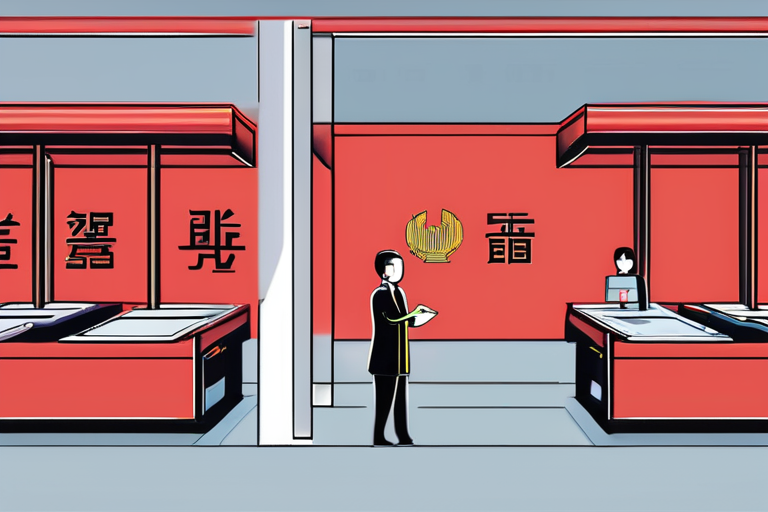
China is rapidly closing the gap in the global AI race, with the country's researchers and institutions producing a significant majority of AI publications and patents. According to recent data, China's citations in AI research have surpassed those o
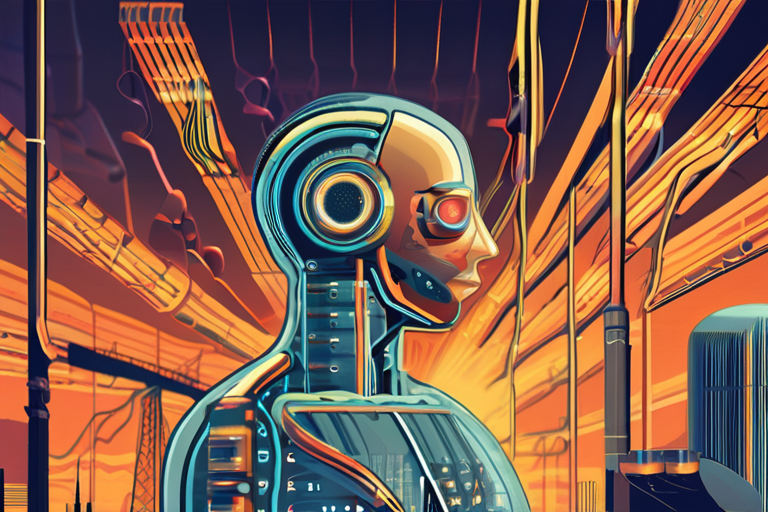
As the US struggles to keep pace with the growing energy demands of its rapidly expanding data centers, it's falling behind in the global AI race. China's aggressive renewable energy buildout, which has added over 429 GW of capacity in recent years,
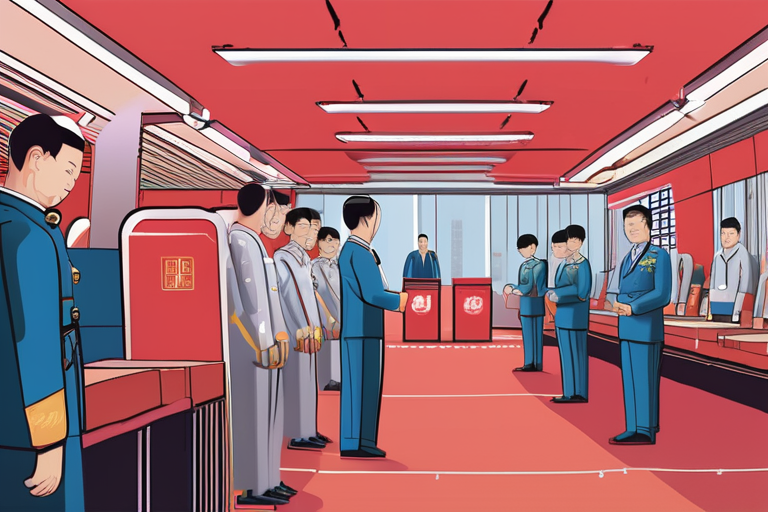
China's rapid advancements in AI have sparked concerns that it may surpass the US as the global leader in technological supremacy. With China leading in AI publications and patents, and accounting for 22.6% of all citations by 2023, experts warn that

China's rapid advancements in open-source AI have sparked concerns for the US and its allies, as the country's dominance in this space could give it a significant edge in the global AI arms race. According to Andreessen Horowitz partner Anjney Midha,
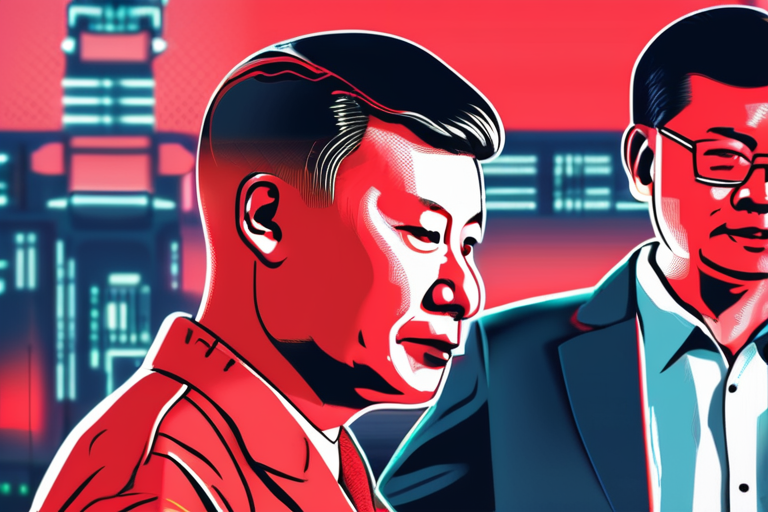
China's dominance in the open-source AI space raises significant geopolitical concerns for the US and its allies, as it accelerates the global AI arms race. According to Andreessen Horowitz's Anjney Midha, China's rapid progress in open-source models
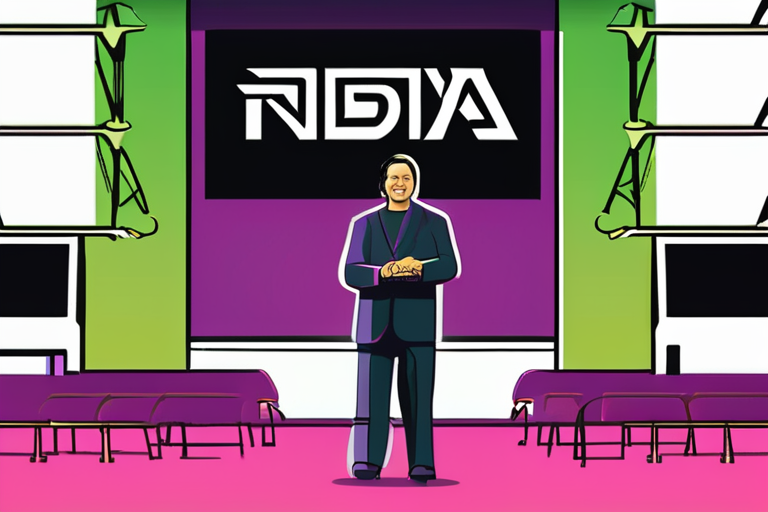
A massive AI infrastructure project is underway, estimated to cost $7 trillion over the next five years, with major players like Nvidia investing up to $100 billion in OpenAI. This global computing system aims to revolutionize various aspects of our
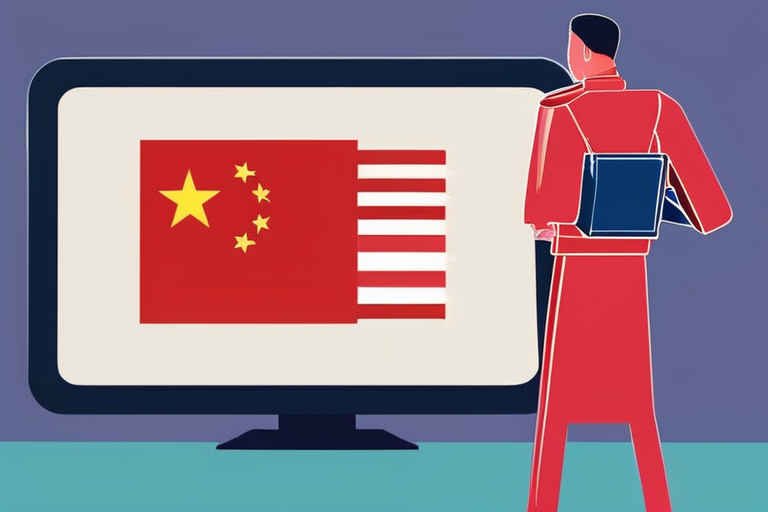
As the generative AI revolution reshapes global power, China is rapidly closing the gap with the US in the AI supremacy race, driven by its significant lead in AI publications and patents, as well as its ability to mobilize whole-of-society resources
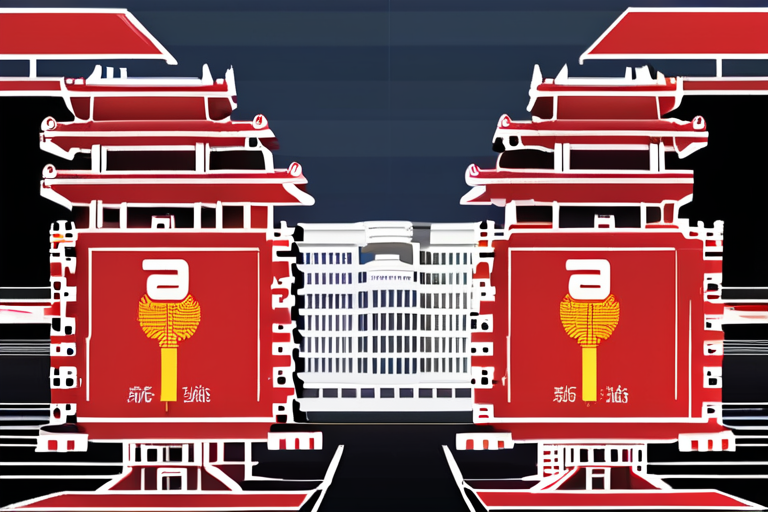
US President Trump's comments on potentially selling advanced AI chips to China have sparked alarm among national security experts, who warn that such a move could compromise America's strategic advantage in the rapidly evolving tech landscape. The s
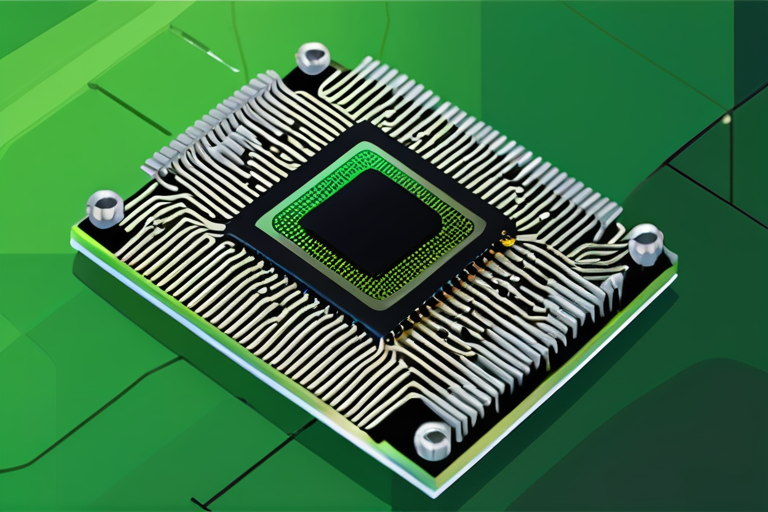
China is aggressively investing in artificial intelligence (AI) and robotics, aiming to reduce its reliance on imported high-end chips from US-based companies like Nvidia. The country's tech sector has made significant strides, with startups like Dee

Chinese AI developer DeepSeek has revealed that its R1 model was trained at a significantly lower cost of $294,000, sparking debate over Beijing's role in the global AI development race. This estimate contrasts with previous reports from US rivals, i
Share & Engage Share
Share this article